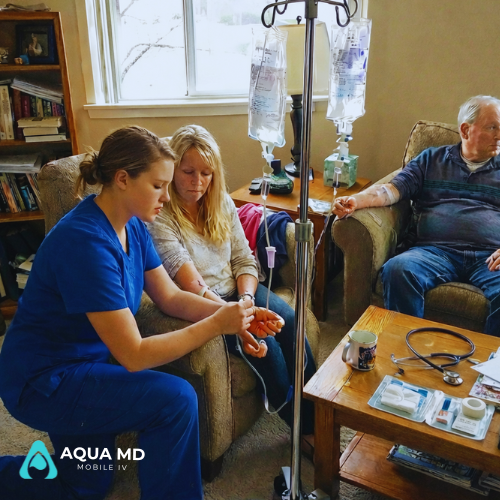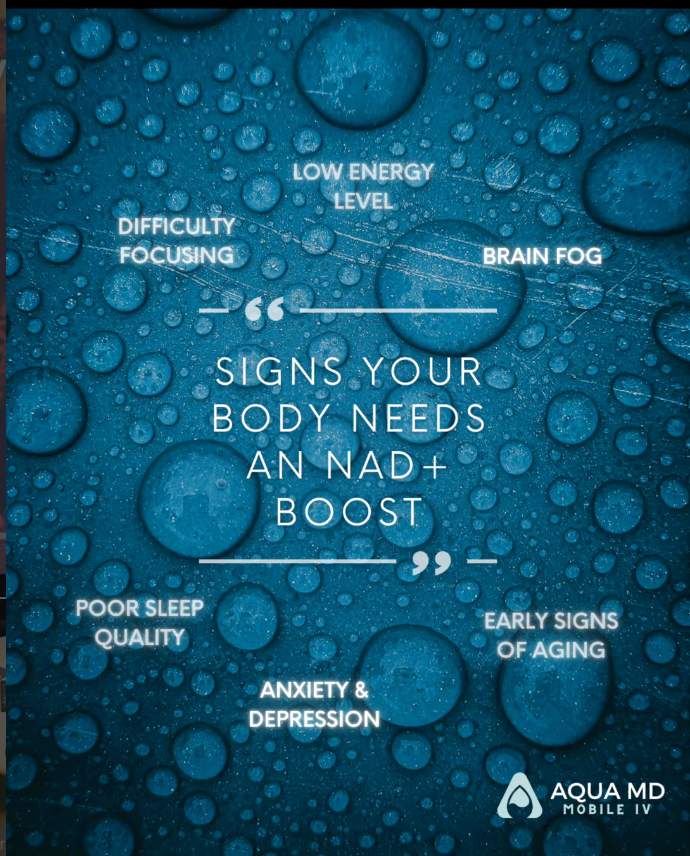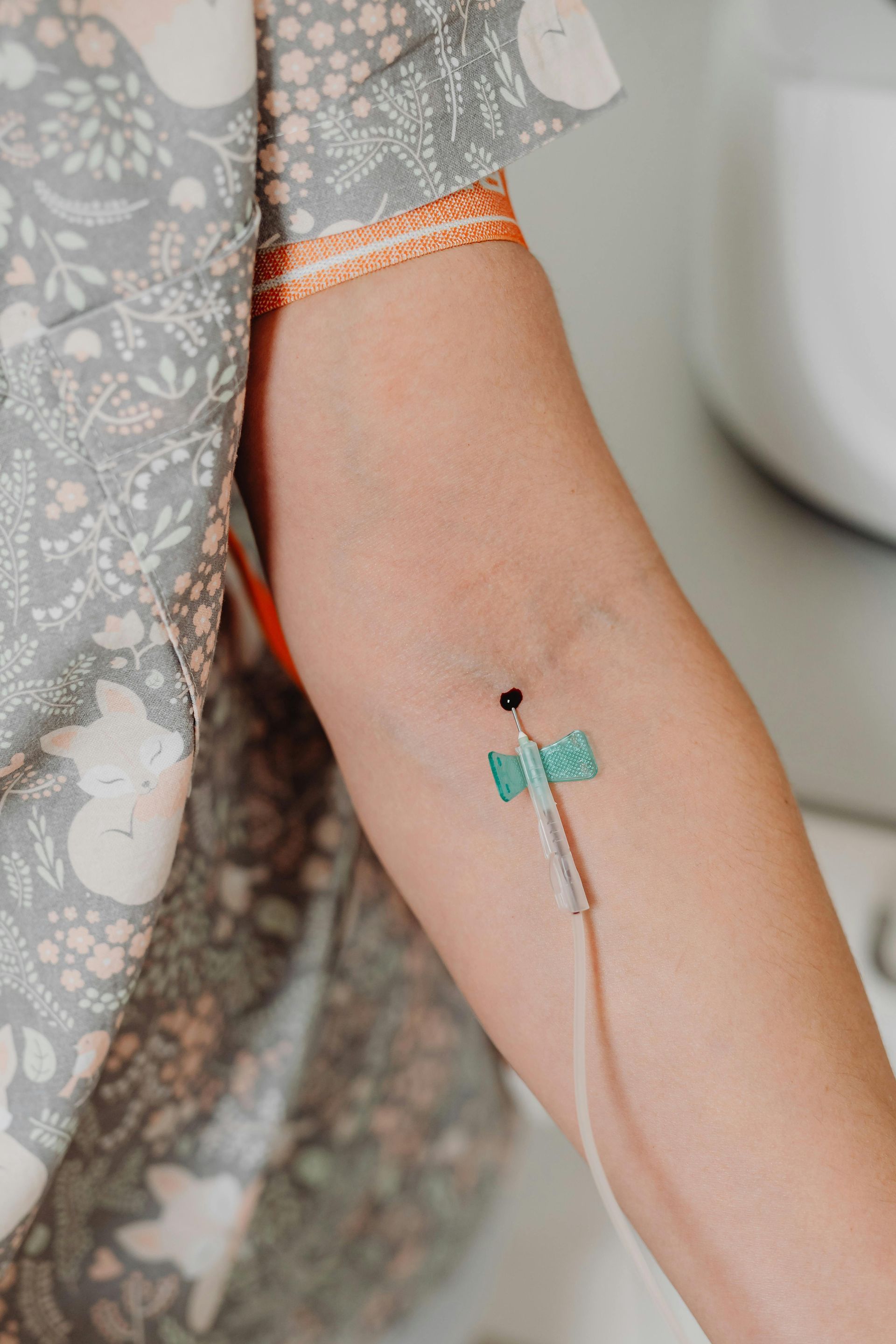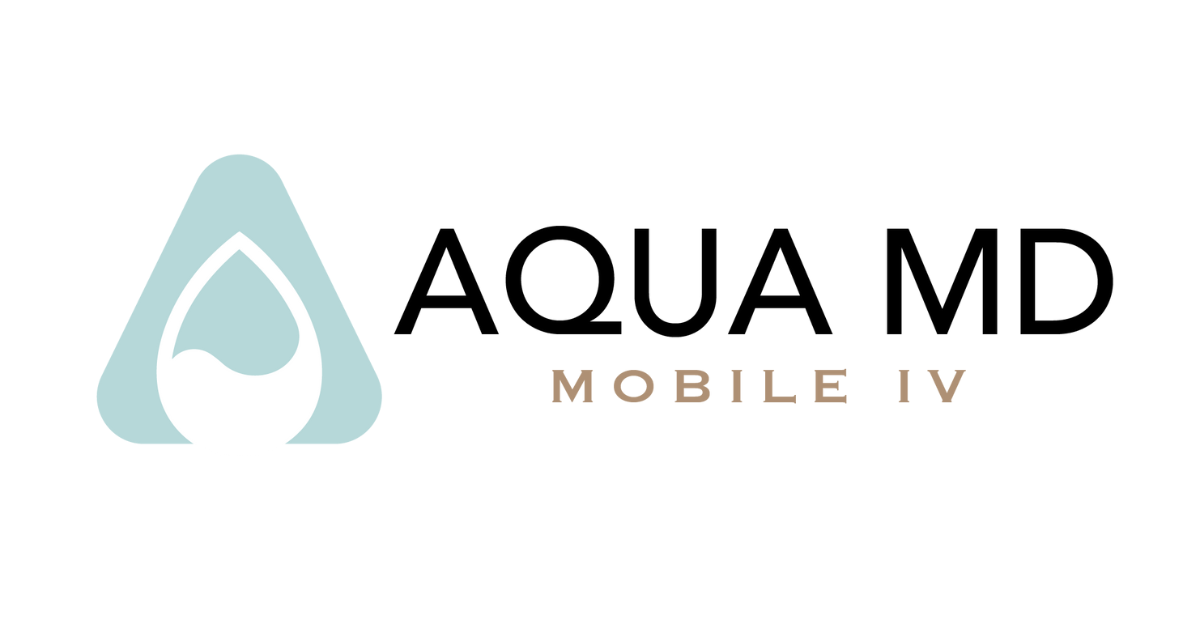Protein-rich foods provide amino acids necessary for fetal development and help stabilize blood sugar levels. Include lean meats, fish and shellfish (following safety guidelines), dairy foods, and plant-based protein sources.
What Can I Take for Energy While Pregnant: Safe Options for Expecting Mothers
What can I take for energy while pregnant? This question weighs heavily on the minds of many expecting mothers experiencing fatigue during their pregnancy journey. Energy depletion during pregnancy is completely normal, but finding safe and effective ways to combat it requires careful consideration and proper guidance from your health care team.
What Causes Energy Loss During Pregnancy?
Pregnancy fatigue is a natural response to the significant changes occurring in your body. During the first trimester, your body produces increased levels of the hormone progesterone, which can cause drowsiness and fatigue. Additionally, your blood volume increases substantially to support fetal development, placing extra demands on your cardiovascular system.
Several factors contribute to decreased energy levels during pregnancy:
Your body is working around the clock to support fetal development and maintain amniotic fluid levels. The increased blood pressure and changes in pulse and breathing rates require significant energy expenditure. Hormonal changes, particularly elevated progesterone levels, naturally promote rest and can make you feel more tired than usual.
Disrupted sleep patterns become common as your body adjusts to pregnancy. Physical discomfort, frequent urination, and emotional health changes can all impact your sleep quality, leading to daytime fatigue.
What Are Safe Energy Options During Pregnancy?
The American College of Obstetricians and Gynecologists emphasizes that proper nutrition and supplements form the foundation of pregnancy energy support. Your ob-gyn can guide you toward the most appropriate options for your individual needs.
Prenatal Vitamins: Your Energy Foundation
A high-quality prenatal vitamin serves as your primary defense against pregnancy fatigue. These supplements contain essential vitamins and minerals specifically formulated to meet the increased nutritional demands of pregnancy.
Key nutrients in prenatal vitamins that support energy include:
Iron plays a crucial role in preventing pregnancy anemia, a common cause of fatigue. During pregnancy, your iron needs nearly double to support increased blood volume and fetal development.
Folic acid supports healthy neural tube development and helps prevent neural tube defects. This B vitamin also plays a role in energy metabolism and red blood cell formation.
B vitamins, particularly B6 and B12, are essential for energy production and nervous system function. These nutrients help convert food into usable energy for your body.
How Do Nutrition and Diet Impact Pregnancy Energy?
Following a healthy diet based on guidelines like MyPlate provides sustained energy throughout your pregnancy. Proper nutrition during pregnancy involves consuming a variety of nutrient-dense foods that support both maternal and fetal health.
Essential Food Groups for Energy

Starchy foods and wholegrains offer complex carbohydrates that provide steady energy release. The Eatwell Guide recommends including foods like brown rice, quinoa, and whole wheat products.

Fruit and vegetables supply essential vitamins, minerals, and fiber while providing natural sugars for quick energy. Spinach offers iron and folate, while mangoes and watermelon provide vitamins and hydration.
What Supplements Beyond Prenatal Vitamins Might Help?
While prenatal vitamins form the foundation, certain additional supplements may benefit pregnancy energy levels when recommended by your health care team.
Iron Supplements
If blood tests reveal iron deficiency, your midwife or ob-gyn may recommend additional iron supplementation beyond what's provided in your prenatal vitamin. Iron deficiency anemia significantly impacts energy levels and requires medical supervision to correct safely.
Magnesium Support
Magnesium plays a role in muscle function and energy metabolism. Some healthcare providers recommend magnesium supplementation to help with muscle cramps and support overall energy levels during pregnancy.
Fish Oil Supplements
High-quality fish oil supplements provide omega-3 fatty acids that support fetal brain development and may help maintain maternal energy levels. Always choose pregnancy-safe formulations that are tested for mercury and other contaminants.
Are There Natural Ways to Boost Energy During Pregnancy?
Beyond supplements, several natural approaches can help improve energy levels throughout your pregnancy journey.
Safe Exercise During Pregnancy
Regular exercise during pregnancy, when approved by your healthcare team, can significantly boost energy levels. Activities like prenatal yoga and meditation help improve circulation, reduce stress, and promote better sleep quality.
Gentle exercise routines designed for pregnancy can help combat fatigue while supporting overall health. Always consult with your ob-gyn before starting any new exercise routine during pregnancy.
Sleep Optimization Strategies
Prioritizing quality sleep becomes crucial during pregnancy. Create a comfortable sleep environment and establish consistent bedtime routines. Address common pregnancy sleep disruptors like heartburn through dietary modifications and positioning.
What Should I Avoid for Energy During Pregnancy?
Understanding what to avoid is equally important when seeking energy support during pregnancy.
Caffeine Limitations
While moderate caffeine intake is generally considered safe, excessive consumption can impact sleep quality and potentially affect fetal development. The Mayo Clinic recommends limiting caffeinated drinks including coffee, tea leaves, and energy drinks. The recommended limit is typically 200mg of caffeine daily, equivalent to about one 12-ounce cup of coffee.
Avoid energy drinks entirely during pregnancy, as they often contain high levels of caffeine plus other stimulants that haven't been thoroughly studied for pregnancy safety.
Unsafe Energy Supplements
Many commercial energy supplements and energy bars contain ingredients that aren't safe during pregnancy. Avoid supplements containing herbs, stimulants, or unregulated ingredients. Always check with your healthcare provider before taking any new supplements.
When Should I Talk to My Healthcare Team?
Consult your ob-gyn, midwife, or healthcare team if you experience:
Severe fatigue that interferes with daily activities, especially in the second trimester when energy levels typically improve. Persistent exhaustion combined with other symptoms like dizziness or rapid heartbeat may indicate conditions like gestational diabetes or anemia.
If you're considering any supplements beyond a standard prenatal vitamin, discuss options with your healthcare provider first. Organizations like NICE (National Institute for Health and Care Excellence) and ACOG provide evidence-based guidelines that inform safe supplement recommendations.
How Can IV Therapy Support Pregnancy Energy?
For expecting mothers experiencing severe fatigue or dehydration, pregnancy-safe IV therapy can provide targeted support. IV therapy delivers essential fluids and electrolytes directly into your bloodstream for rapid absorption.
Mobile IV therapy services offer convenient treatment in the comfort of your home, reducing stress and travel demands during pregnancy. Professional nurses can administer safe saline solutions designed specifically for pregnancy support.
Supporting Your Energy Throughout Each Trimester
Energy needs and challenges vary throughout pregnancy:
First trimester: Focus on combating morning sickness and establishing good nutritional habits. This is when fatigue is typically most severe due to rapid hormonal changes.
Second trimester: Many women experience improved energy during this phase. Take advantage of increased energy to establish healthy exercise routines and optimize nutrition.
Third trimester: As your body prepares for delivery, fatigue may return. Focus on rest, proper nutrition, and gentle movement to maintain energy levels.
Creating Your Personal Energy Support Plan
Work with your healthcare team to develop a comprehensive approach to pregnancy energy support:
Start with a high-quality prenatal vitamin that meets ACOG recommendations for key nutrients. Ensure adequate intake of iron, folic acid, and B vitamins through both diet and supplementation.
Maintain a balanced, nutritious diet based on evidence-backed guidelines. Include plenty of protein, complex carbohydrates, and fresh fruits and vegetables.
Stay appropriately hydrated and consider professional hydration support if experiencing severe morning sickness or dehydration.
Prioritize sleep quality and stress management through gentle exercise and relaxation techniques.
Regular monitoring by your healthcare team ensures that any underlying conditions affecting energy levels are identified and treated appropriately.
Remember that every pregnancy is unique, and what works for one person may not be ideal for another. Always prioritize safety and work closely with qualified healthcare professionals to develop the energy support strategy that's right for your specific situation.
Your pregnancy journey deserves personalized care and attention. By combining proper nutrition, appropriate supplementation, and professional guidance, you can maintain healthy energy levels while supporting optimal fetal development throughout your pregnancy.










